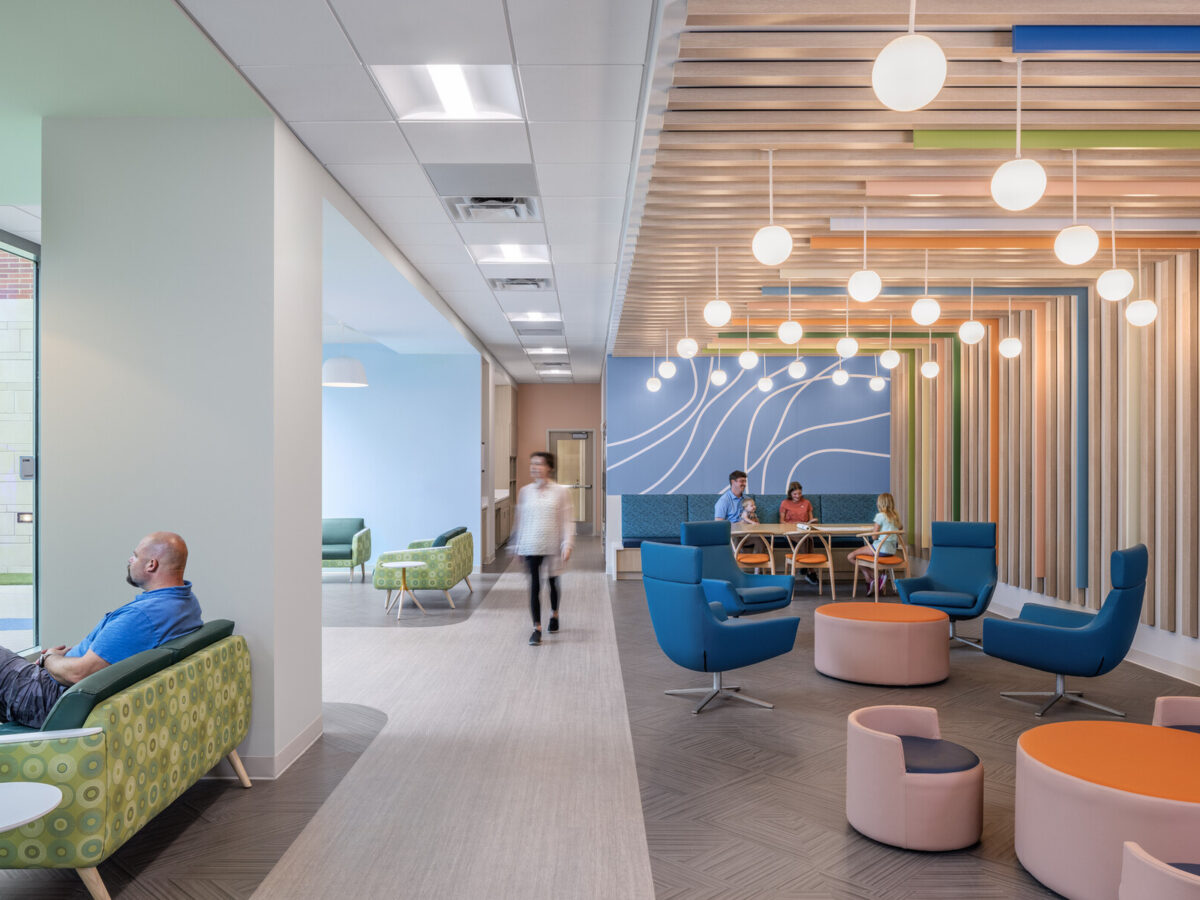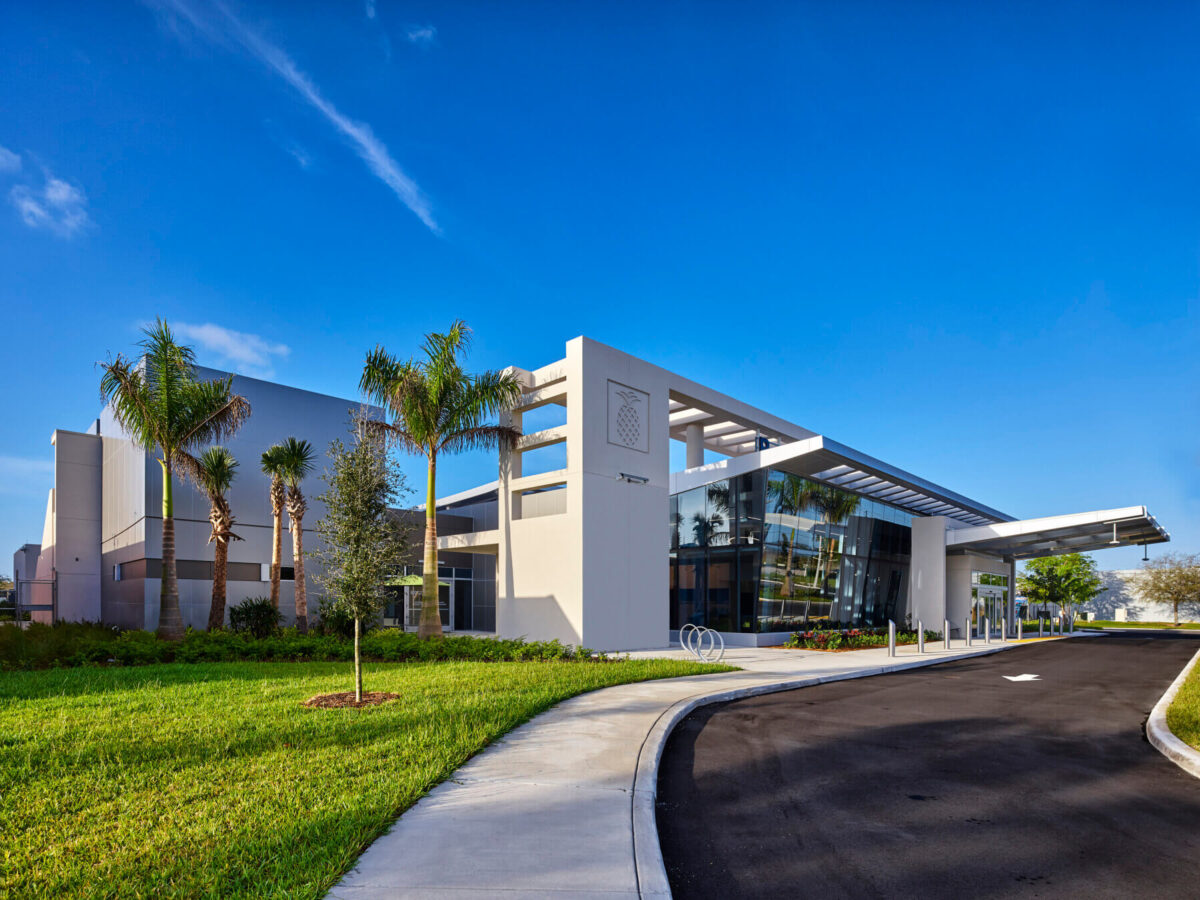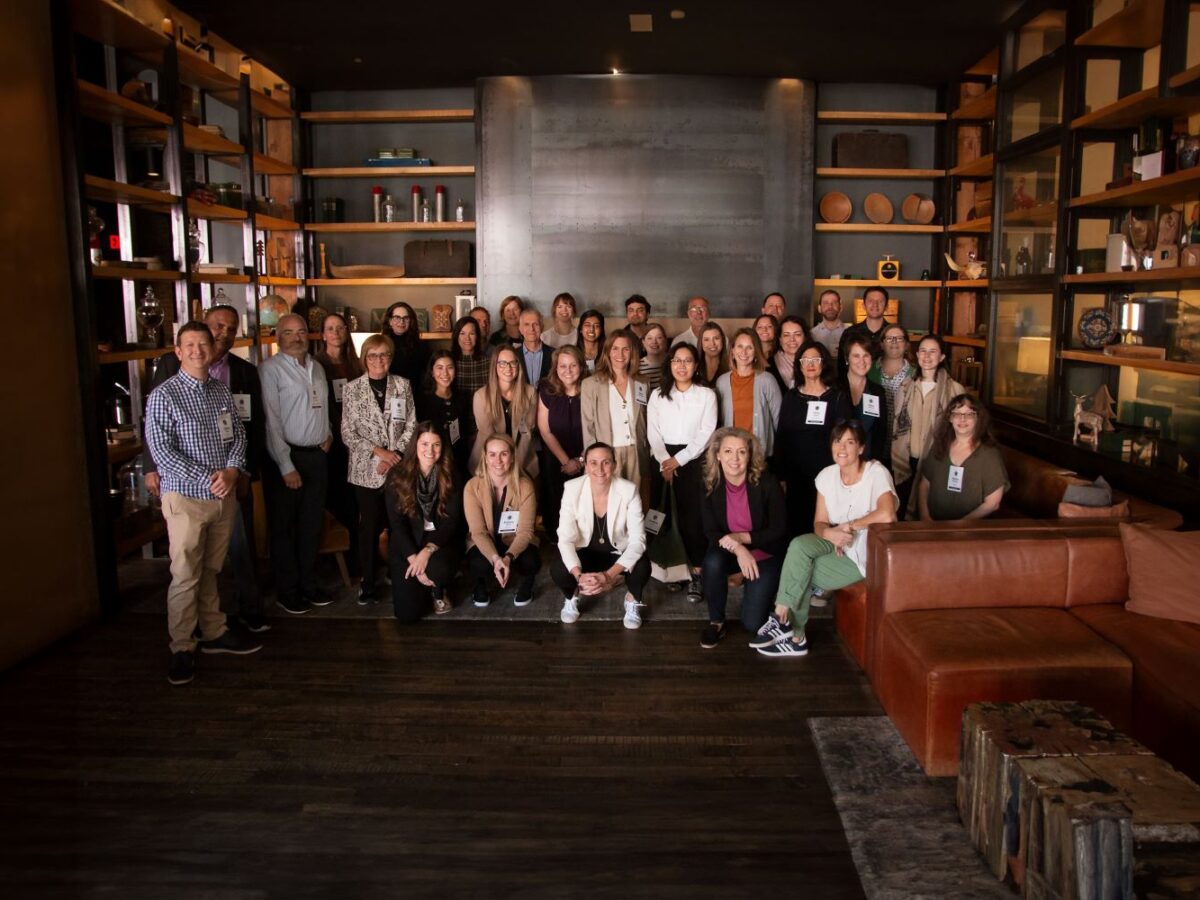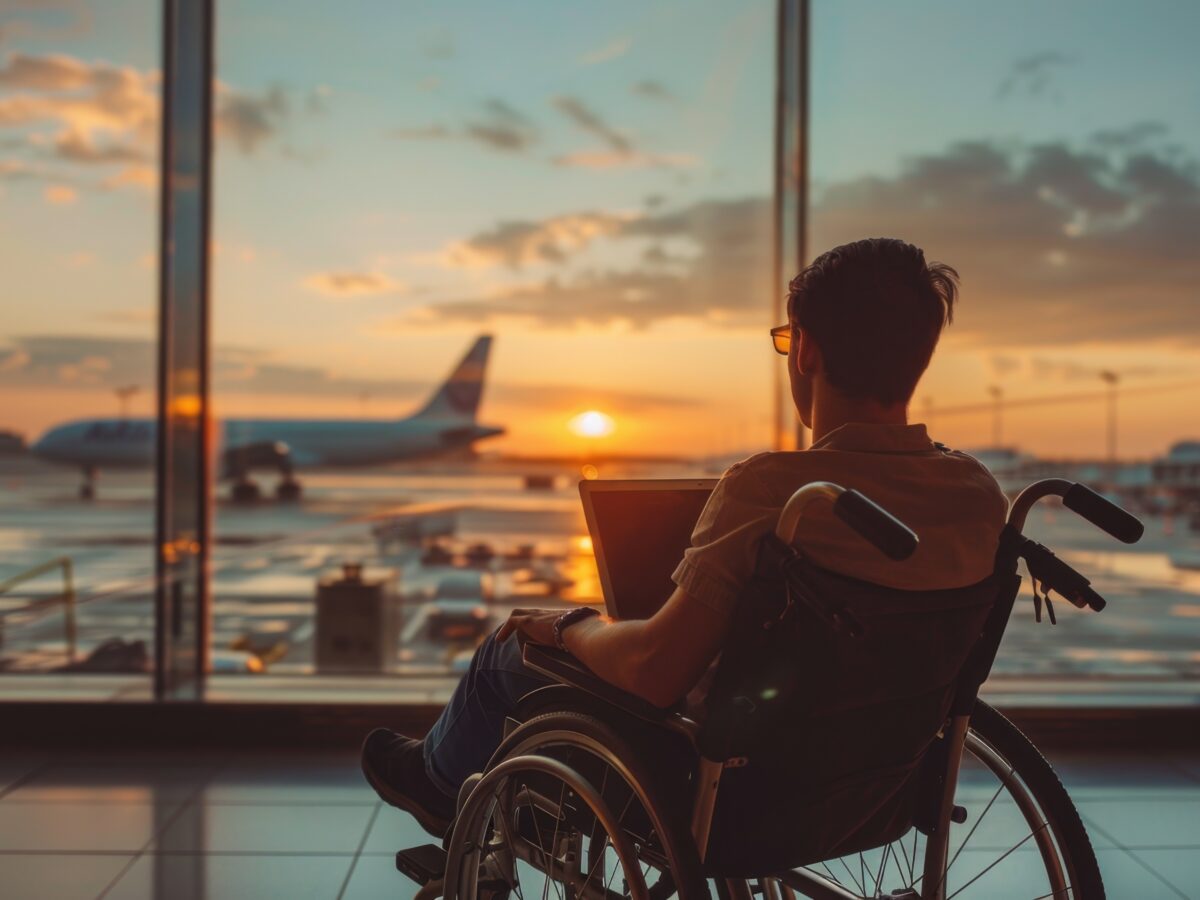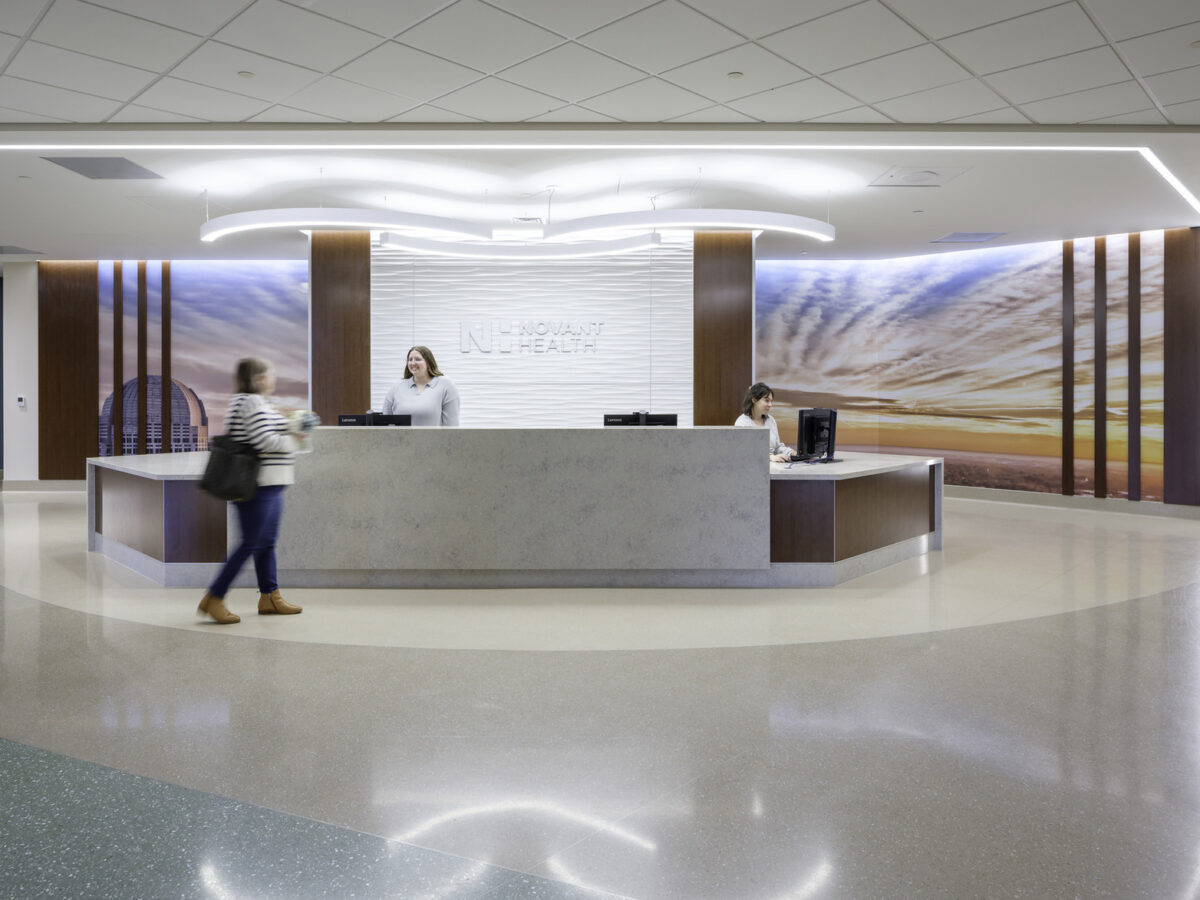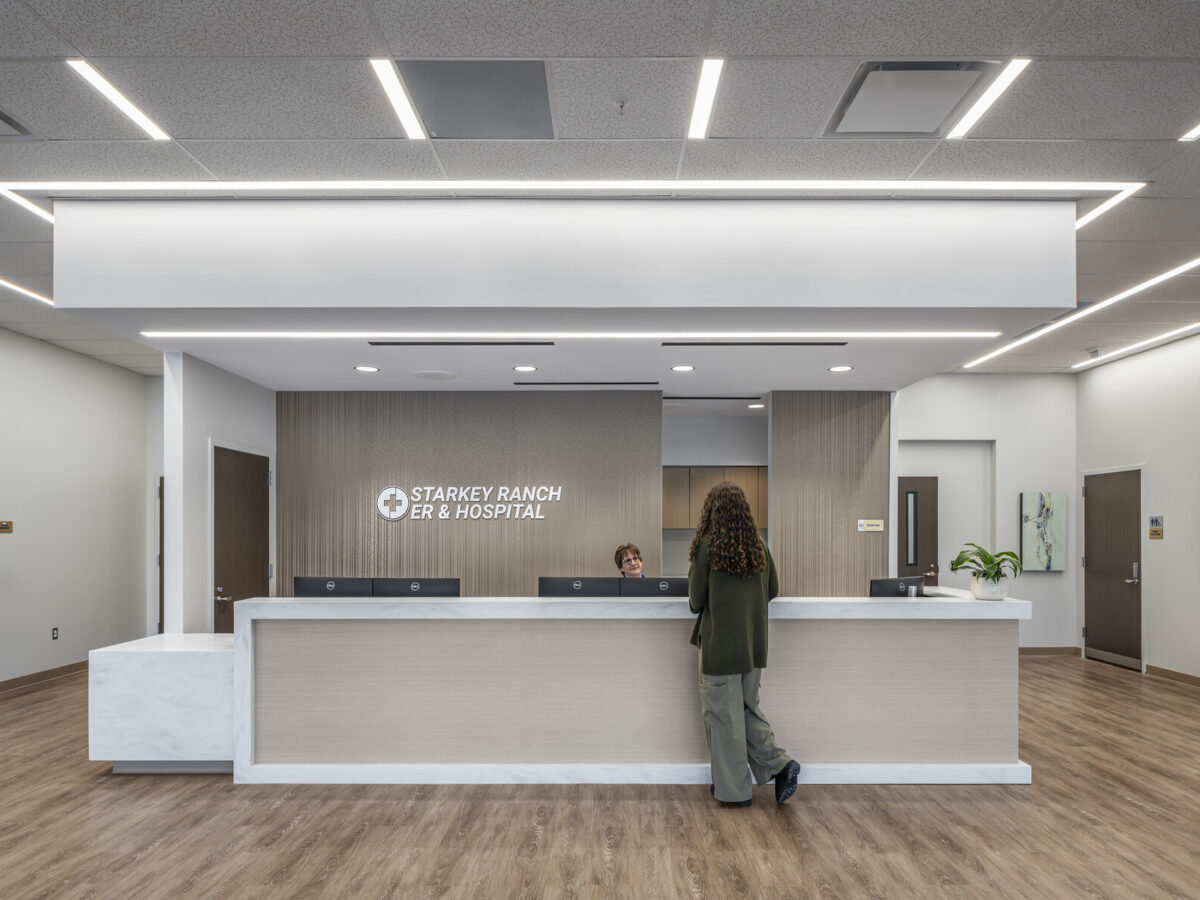Access to healthcare has long been a persistent challenge in underserved communities, exacerbated by geographic isolation, limited infrastructure, and provider shortages. As decentralization, market changes, and evolving patient expectations reshape the healthcare landscape, organizations must find innovative ways to adapt. At Gresham Smith, we’re actively exploring solutions to help healthcare organizations navigate these shifts and better serve their patients.
Mobile Health Clinics (MHCs) represent one powerful way to address these challenges. By bringing critical services directly to patients in need, MHCs are transforming healthcare delivery. With the integration of artificial intelligence (AI), these clinics are evolving into more efficient and innovative models for improving health outcomes and access to care.
In this blog post, I’ll explore how AI-enhanced MHCs are addressing health disparities, revolutionizing their design and operations, and demonstrating their vital role in creating equitable healthcare systems.
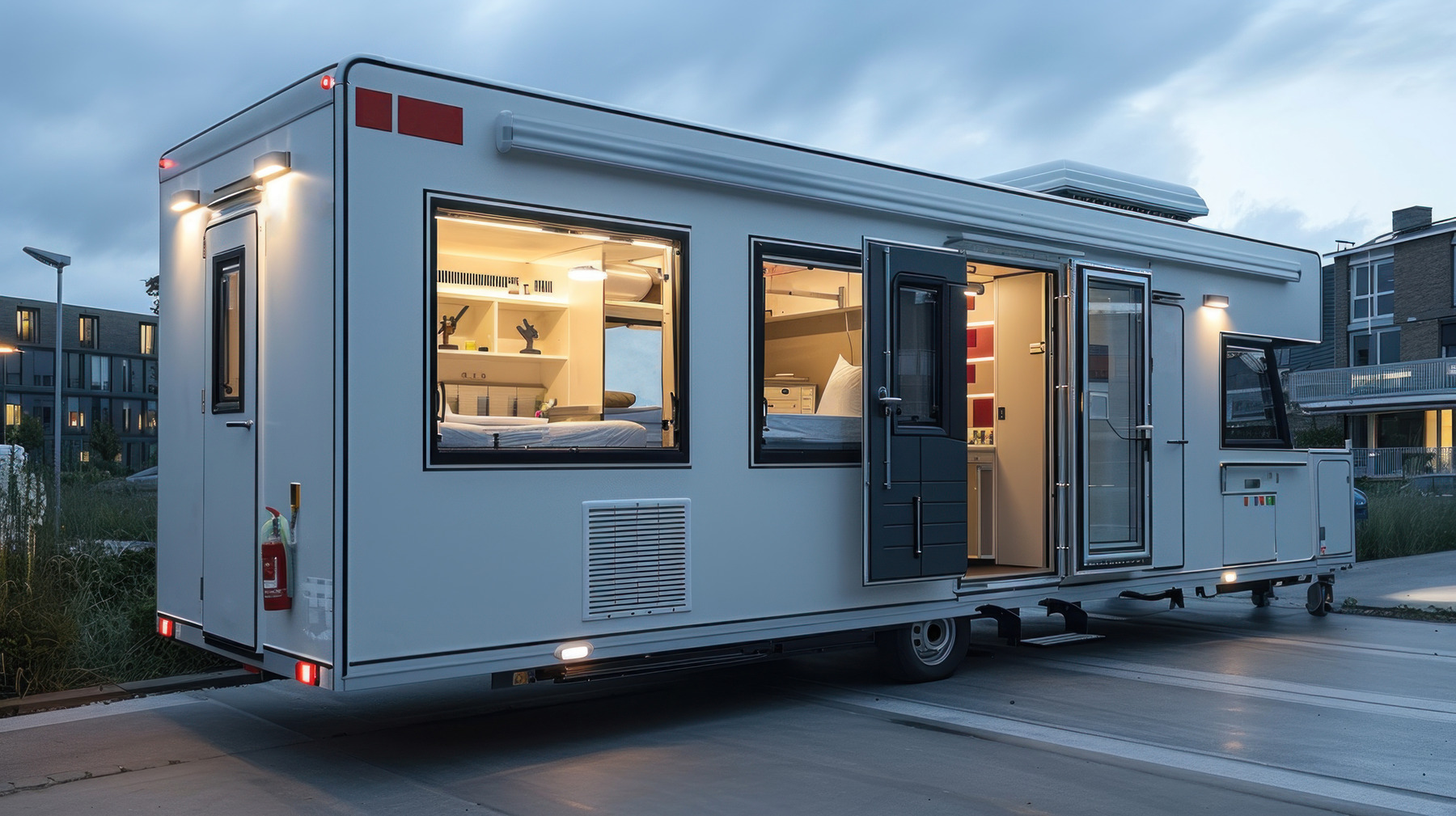
Inclusive & Equitable Healthcare Practices
Restoring trust in healthcare is crucial to reducing disparities, particularly in underserved communities. Mobile Health Clinics are central to this effort, offering place-based care that removes barriers to access. Often described as “doctors’ offices on wheels,” MHCs provide preventative care, chronic disease management, and urgent services to populations without access to traditional healthcare facilities.
In the U.S., approximately 2000 mobile clinics serve 7 million people annually, offering life-saving care while also delivering economic value. For instance, Harvard’s Family Van program saved $2.8 million in emergency department costs over a five-year period. Communities that integrate MHCs into their healthcare system often experience fewer emergency room visits, a testament to their cost-effectiveness and preventative impact. During the COVID-19 pandemic, MHCs further showcased their adaptability, transforming into full-service community clinics to meet evolving healthcare demands.
Today, AI amplifies the effectiveness of these clinics. Tools like database management systems streamline patient follow-ups, while route optimization algorithms ensure care efficiently reaches isolated populations. These advancements reduce costs and maximize the impact, allowing MHCs to remain a cornerstone of care delivery for underserved communities
MHCs also leverage local resources such as schools, community centers, and housing facilities to establish wellness hubs. These hubs foster trust by offering screenings, education and care in familiar settings, encouraging regular healthcare utilization. Programs like C3 Cares in Washington D.C., showcase how community-driven approaches can transform healthcare access. By engaging communities in planning and strategy, MHCs create sustainable solutions tailored to local needs.
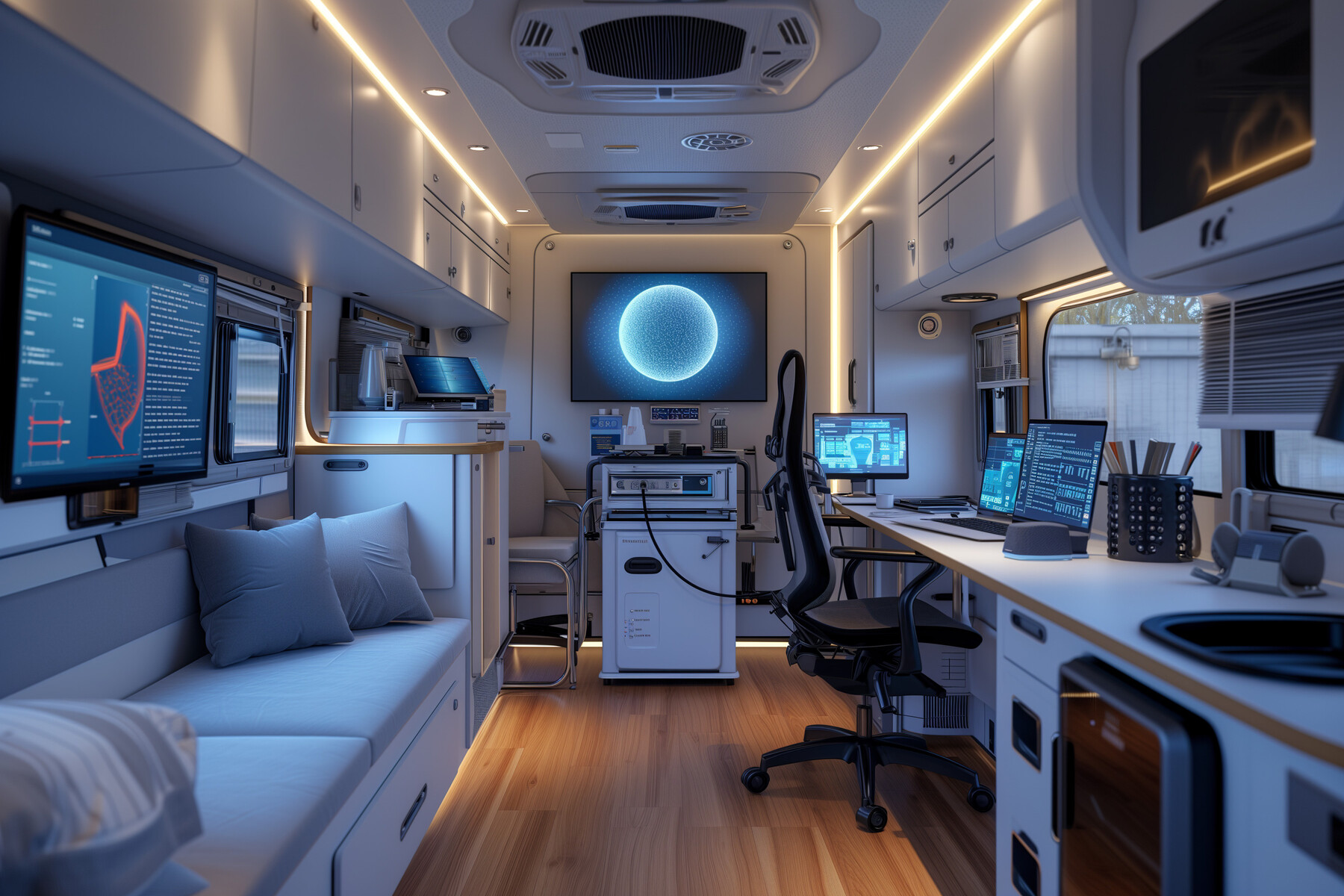
AI: Revolutionizing Mobile Health Delivery
Integrating AI into mobile health introduces a new era of personalized, efficient care. By merging virtual and in-person services, AI expands the capabilities of MHCs while optimizing operations. Key AI applications in mobile healthcare include:
- Route Optimization: AI algorithms analyze geographic and demographic data to create efficient routes, ensuring care reaches the most underserved populations while reducing costs.
- Evidence-based Care: AI-driven insights enable clinics to address specific local health challenges with targeted services.
- Streamlined Patient Care: AI ensures a consistent and reliable patient journey from real-time triage to automated follow-ups.
These advancements enhance the effectiveness of MHCs, strengthening community trust and public health infrastructure.
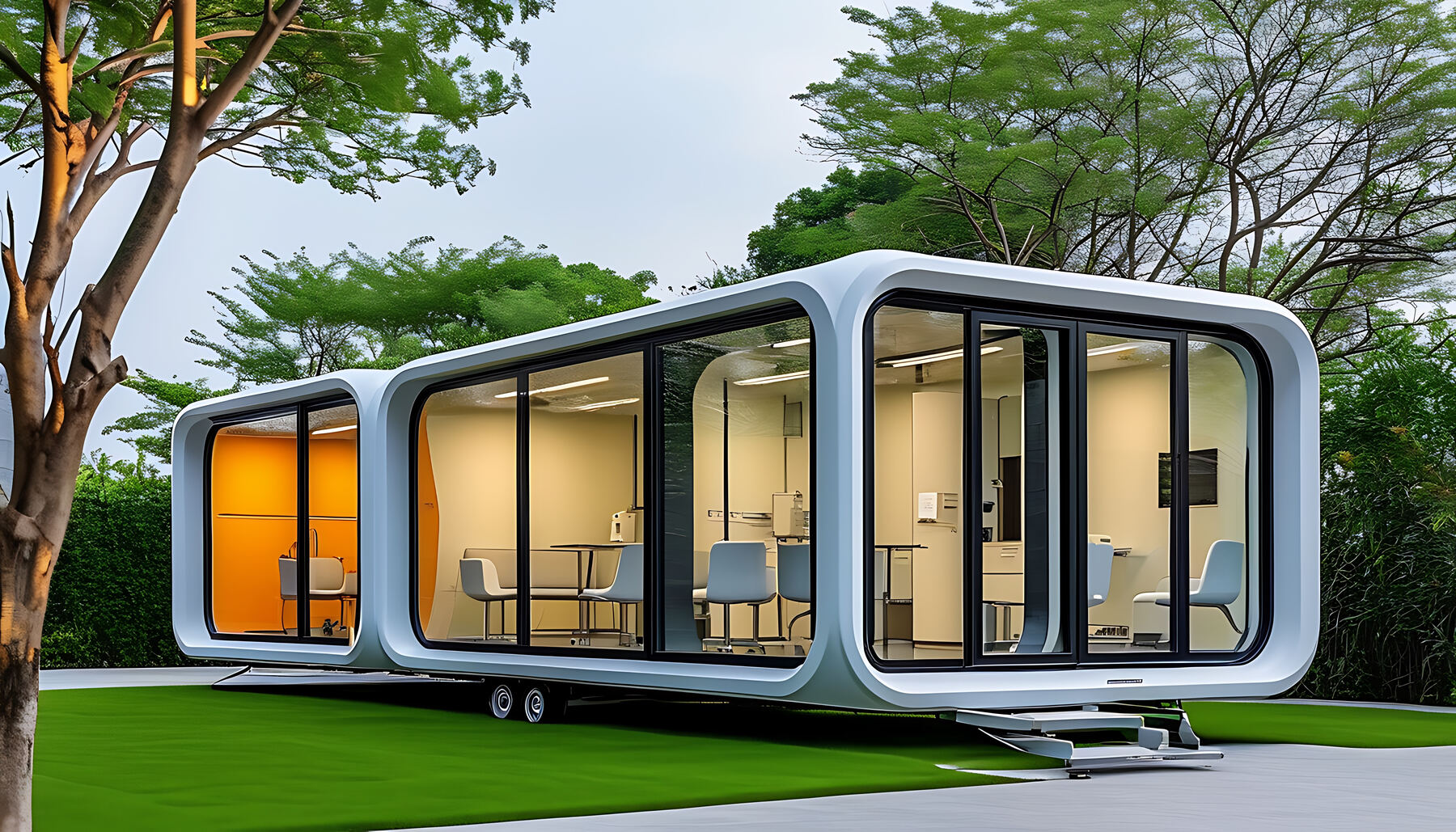
Designing the Mobile Health Clinic of the Future
The design and functionality of mobile health clinics significantly impact their ability to deliver high-quality care. AI enhances this process by enabling:
- Location and Deployment: Analyzing population and disease prevalence data to guide deployment strategies.
- Modular Interiors: Flexible, AI-informed designs that maximize space for equipment, workflows and patient comfort.
- Resource Efficiency: Predictive analytics to anticipate needs, reducing waste and improving operations.
By incorporating sustainable and resilient design practices, MHCs can also reduce costs while enhancing functionality. For instance, AI-powered tools optimize energy usage, lighting and power delivery, making clinics not only efficient but also environmentally responsible. These innovations ensure that MHCs are adaptable to the evolving needs of communities while remaining sustainable in their operations.
Companies like Lifeline Mobile and Magnum Mobile are already leveraging AI to create custom clinic designs that prioritize efficiency and the patient experience. Additionally, involving students and interns in the design process offers educational opportunities and inspires the next generation of healthcare innovators. Together these advancements enable MHCs to continue bridging gaps in access to care while promoting equity and sustainability.

Challenges & the Need for Responsible AI Practices
While the integration of AI in healthcare offers immense potential, it also presents significant challenges. The energy required to train AI models contributes to CO2 emissions, raising concerns about environmental sustainability. Additionally, data privacy and security remain critical issues, particularly in healthcare.
To address these challenges, healthcare providers must adopt responsible AI practices, such as:
- Energy Efficiency: Prioritize task-specific models that require less frequent retraining and consume less energy.
- Data Privacy: Implement robust policies to ensure patient data is protected and used ethically.
- Sustainability: Explore innovative solutions to reduce the environmental impact of AI technologies.
By focusing on responsible and sustainable AI, the healthcare industry can maximize its benefits while minimizing its drawbacks.

Creating Spaces that Heal, Inspire & Connect
By integrating AI into MHCs, these clinics are becoming smarter, more efficient and better equipped to address health disparities. For designers, the challenge lies in creating spaces that balance functionality, adaptability and patient comfort. Modular interiors, resource optimization and AI-powered planning tools enable MHCs to evolve alongside the communities they serve.
The future of healthcare design demands collaboration between architects, engineers, healthcare providers and technology innovators. Together, I believe we can push the boundaries of what MHCs can achieve—delivering care with precision, fostering trust through thoughtful design, and advancing health equity through sustainable and innovative solutions.
Ultimately, meeting patients where they are isn’t just about mobility—it’s about creating spaces that heal, inspire and connect.

